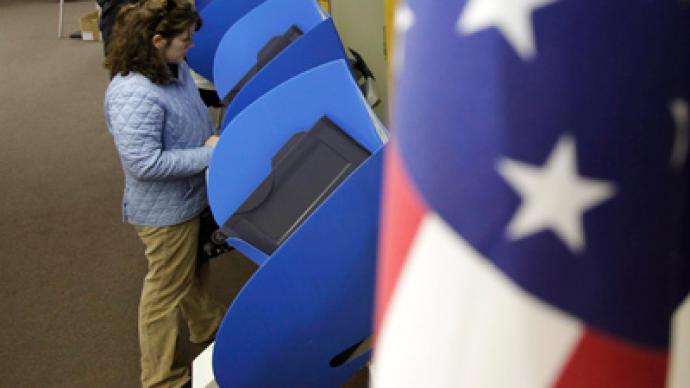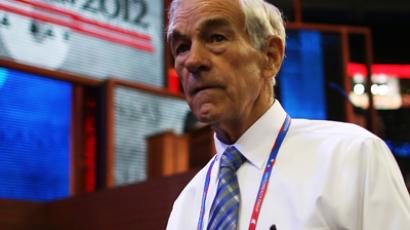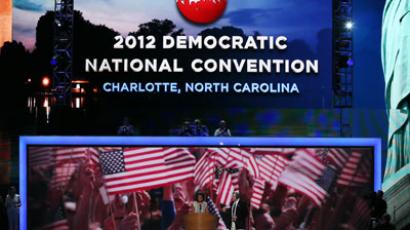New voting laws may disenfranchise 10 mln Hispanics

Civil rights groups are warning that more than 10 million Hispanic voters could be turned away from US voting booths this upcoming election as a result of new voting laws in 23 of the 50 states.
The civil rights group Advancement Project wrote in a report released Monday that new photo identification laws, requirements to prove citizenship and attempts to remove non-citizens from the ballots will disproportionately affect Latinos.Latinos account for more than 10 percent of eligible US voters and the new voter laws could keep so many of them away from the polls that the outcome of November 6 election could be significantly affected.In recent elections, Latinos have overwhelmingly voted Democratic. Hindering their ability to cast ballots could shift some states’ outcomes to support Republican presidential nominee Mitt Romney – especially battleground states like Nevada, Colorado and Florida. Nationwide polls show Obama usually has 70 percent or more of the Latino vote, Reuters reports.“The pattern is unmistakable. State after state has moved to obstruct the ability of millions of Latino citizens to participate in our democracy,” Judith Browne, co-director of the Advancement Project, told USA Today.“It has the impact of scaring people and reminding them of [immigration] raids and other kinds of law enforcement that have been targeted toward these communities,” Penda Hair, co-director of the Advancement Project, told the Washington Post.Laws effective in one state and pending in two others require voters to prove their citizenship, making it difficult and sometimes expensive for naturalized American citizens to acquire the appropriate documentation. In 16 states, new laws have made voting tough for all those suspected of not being citizens.Denver resident Veronica Figoli was a victim of this new measure. After having immigrated from Venezuela in 1999 and becoming a US citizen in 2011, she was flagged for removal from voter rolls and was forced to go through difficult administrative procedures to prove her eligibility.“There are so many steps and it is so confusing, and it’s expensive. And you are dealing with government and that makes you uncomfortable,” she said.Proponents of the new measures say the stricter voter ID laws would root out voter fraud. But studies have shown that voter fraud rarely occurs. The office of the Colorado secretary of state last year estimated that 11,000 non-citizens were registered to vote. After checking the federal immigration database, the office found that only 141 non-citizens had registered, and as few as 35 had sent in ballots.As both candidates try to win over Hispanic voters in crucial swing states, their efforts may have little impact if this demographic is largely kept away from polling booths.“At the end of the day, voting should be free, fair and accessible, and these barriers are standing in the way of an increasing demographic in this country,” Browne told the Post.














